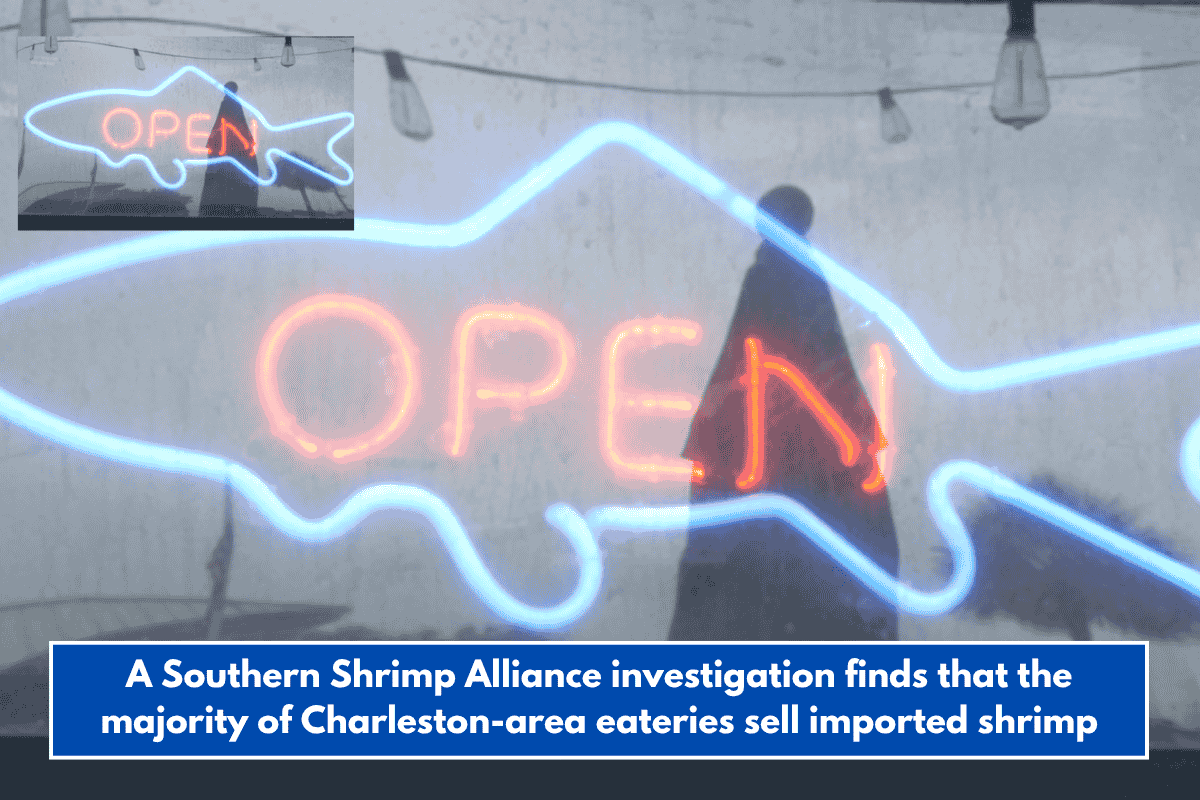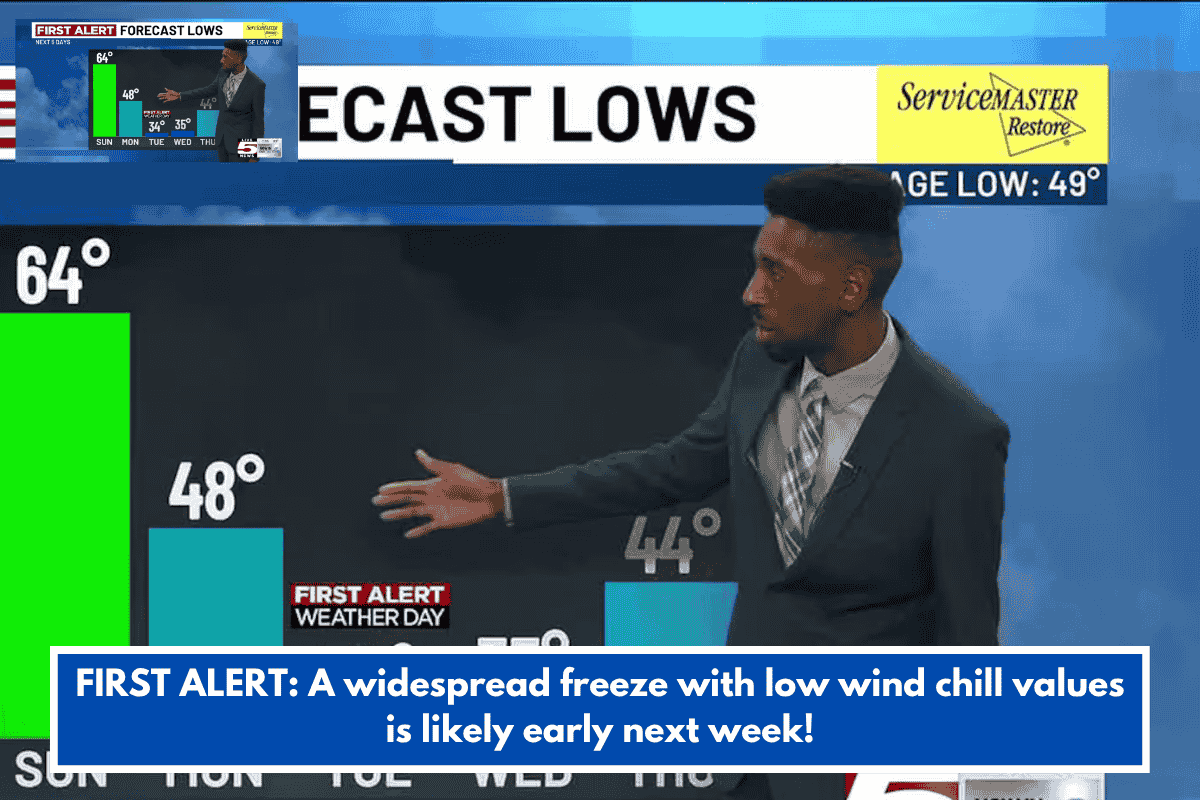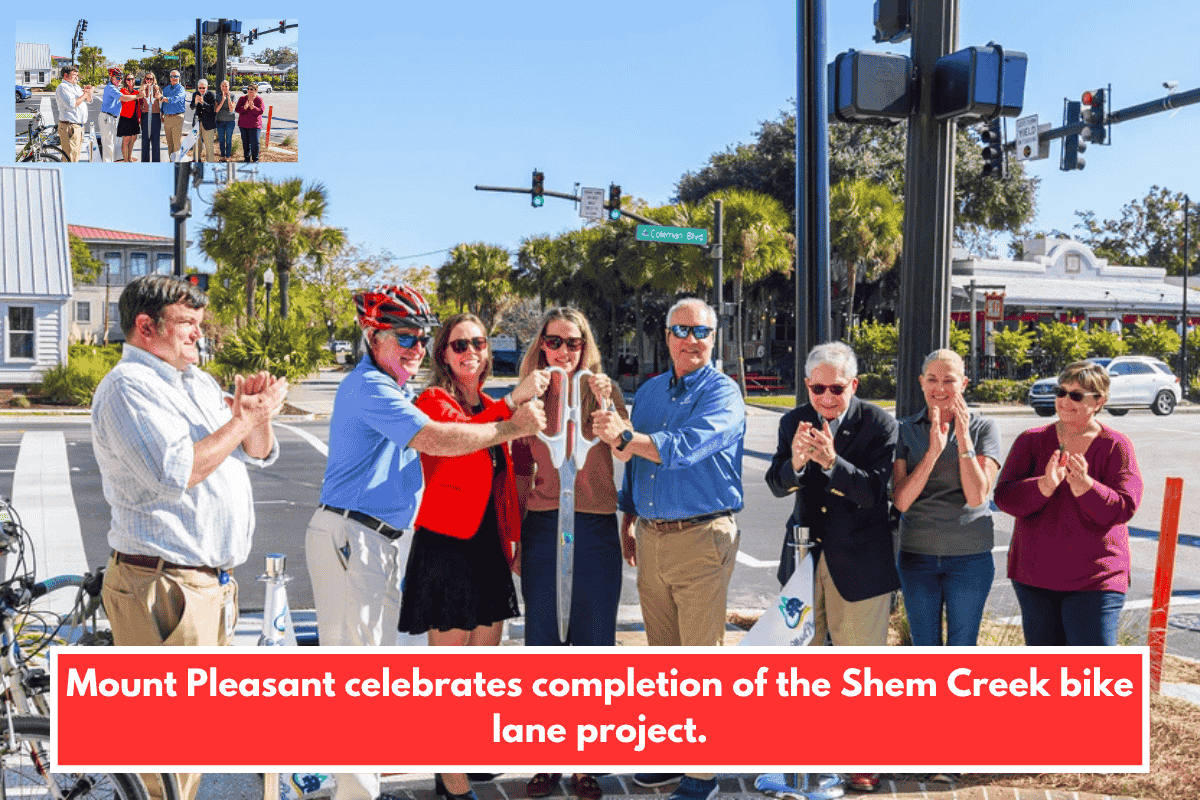MOUNT PLEASANT, S.C. — A new study conducted by the Southern Shrimp Alliance in collaboration with SeaD Consulting has raised concerns about transparency in Charleston-area restaurants that claim to serve local shrimp. The study found that the majority of restaurants in the region advertising local shrimp are not actually offering domestically caught seafood.
Study Highlights
SeaD Consulting randomly selected 44 restaurants throughout Charleston and its surrounding areas, all of which claimed to serve local shrimp. After conducting tests on shrimp dishes from these establishments, the study revealed that 40 out of the 44 restaurants were using shrimp that had been shipped in, often from overseas, rather than sourcing locally.
Four restaurants were identified as serving truly local shrimp. These include:
- Coosaw Creek Crab Shack
- Grace & Grit
- Rappahannock Oyster Bar
- Acme Lowcountry Kitchen
Deception Hurts Local Communities and Consumers
According to Erin Williams, COO and co-founder of SeaD Consulting, the deception is harmful on several levels. “70% of all the seafood eaten in the U.S. is done so at the restaurant level,” Williams said. “Any deception done at this level is a detriment to not only our fishing community but also consumers coming down to the coast and wanting to enjoy fresh, local seafood.” She also emphasized that consumers are paying a premium for locally sourced shrimp, only to be served farm-raised or imported shrimp instead.
The Testing Process
To conduct the study, SeaD Consulting discreetly ordered shrimp dishes from the selected restaurants and brought samples back to their lab. They used the RIGHTTest (Rapid ID Genetic High-Accuracy Test), a quick two-hour process that identifies the species of shrimp served. The results showed that many of the shrimp served did not come from local waters.
Local Shrimpers Speak Out
Bobby Simons, owner of Acme Lowcountry Kitchen, works closely with local shrimpers in McClellanville and expressed frustration over the deception. “It’s really important to be upfront with your customers,” Simons said. “Not only is eating out not cheap, but tourists and locals alike assume they’re getting fresh, locally caught shrimp. When they’re not, it’s a huge letdown.”
Rocky Magwood, president of the South Carolina Shrimpers Association, also voiced support for the study. Though the association did not request the study, Magwood hopes it will encourage more restaurants to source shrimp locally. “We’re not even mad at the restaurants that weren’t selling fresh shrimp,” Magwood said. “Just call us and talk to us. We’ll see what we can do to match your price and get your business. We’re all working people, and we want to work together.”
What Consumers Can Do
The South Carolina Shrimpers Association has compiled a list of local restaurants that do offer authentic local shrimp. Magwood encourages consumers to ask restaurants directly about their shrimp sourcing to ensure they are getting fresh, locally caught products.
A Call for Transparency
This study underscores the need for greater transparency in the restaurant industry when it comes to sourcing seafood. With local shrimp being a staple of Charleston’s culinary scene, it’s crucial for both restaurants and consumers to support local shrimpers to ensure the continued success of the industry.














